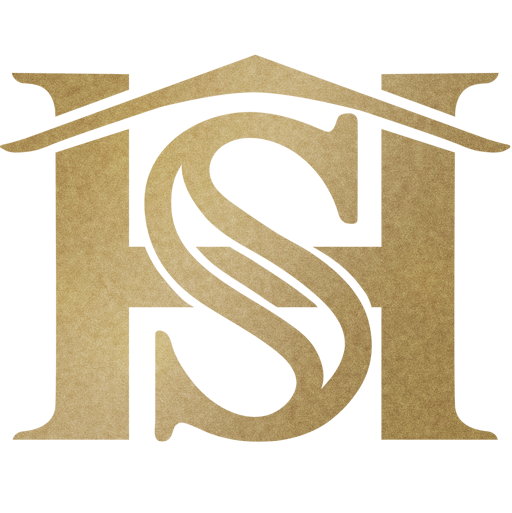What is Obsessive-Compulsive Disorder?
Psychology Today defines Obsessive-Compulsive Disorder as “a mental disorder in which people experience unwanted and repeated thoughts, feelings, images, or sensations (obsessions) and engage in behaviors or mental acts (compulsions) in response.”
An obsessive thought or behaviour can significantly impair one’s daily functioning, taking over all other aspects of life. For a person struggling with Obsessive-Compulsive Disorder, the obsessive thought or behaviour becomes an unavoidable urge and the central objective of their lives.
Obsession Versus Compulsion: Knowing the Difference
An individual may be obsessed with any form of thought or behaviour. While obsessions are intrusive or disturbing thoughts that the person repeatedly experiences, compulsions are repetitive behaviours that s/he engages in to counter these thoughts.
These compulsions may range from washing hands repeatedly and hoarding accessories to tics (or repetitive actions like clicking, rocking, shrugging the shoulders, etc.) and constant checking.
Any intrusions in the obsessive thought or behaviour can cause considerable anxiety, uneasiness, and other physiological symptoms.
Symptoms of Obsessive-Compulsive Disorder
The following are some of the most common symptoms of Obsessive-Compulsive Disorder:
- Inability to concentrate on anything else other than the obsessive thought or behaviour
- Frequent bouts of anxiety and paranoia
- Obsessions pertaining to fear of contamination (i.e. fear of touching objects that other people may have handled)
- Repetitive picturing of inappropriate images
- Intense, stressful reactions when unable to carry out the compulsive behaviour
- Loss of interest in all other daily activities
Treating OCD: The Way Ahead With Safe House
People suffering from OCD may have many apprehensions about therapy and healing. As a reputed rehabilitation centre in India, Safe House understands their inhibitions and provides them with a secure space to express themselves and inch towards recovery. We recognize the trust and care required in the process and commit ourselves to provide the best treatment for OCD. Here are some ways in which we do so:
- Administering Relevant Medication: Providing the right medication is a prerequisite to OCD treatment. Safe House boasts of extremely qualified and experienced psychiatrists and physicians who understand the nature, course, and doses of medication to be administered to each patient. They are also well-versed with any possible side-effects and support patients to overcome these seamlessly.
- One-on-One Therapy Sessions With Psychologists: The best OCD treatment plans skilfully integrate medication with psychotherapy. Our trained and proficient psychologists work individually with patients, providing them with the much-needed comfortable space and allowing them to express themselves. They also incorporate proven therapies like Cognitive Behavioural Therapy to help patients work on their thoughts and behaviours.
- Family Counselling: We make sure to sensitise the patient’s family members towards his/her condition. Such an approach ensures that the patient’s home environment is safe, secure, and nurturing and contributes to his/her development even post-rehabilitation.
- Alternative Therapies and Healing Practices: A holistic integration of the mind, body, and heart produces the best results in rehabilitation. At Safe House, our patients’ days begin with yoga and meditation and end with meditation and self-reflection. These healing practices help them become increasingly aware of their bodies and minds and more mindful of their thoughts and behaviours. We also conduct art therapy sessions to enable patients to express themselves creatively and engage in productive activities.
